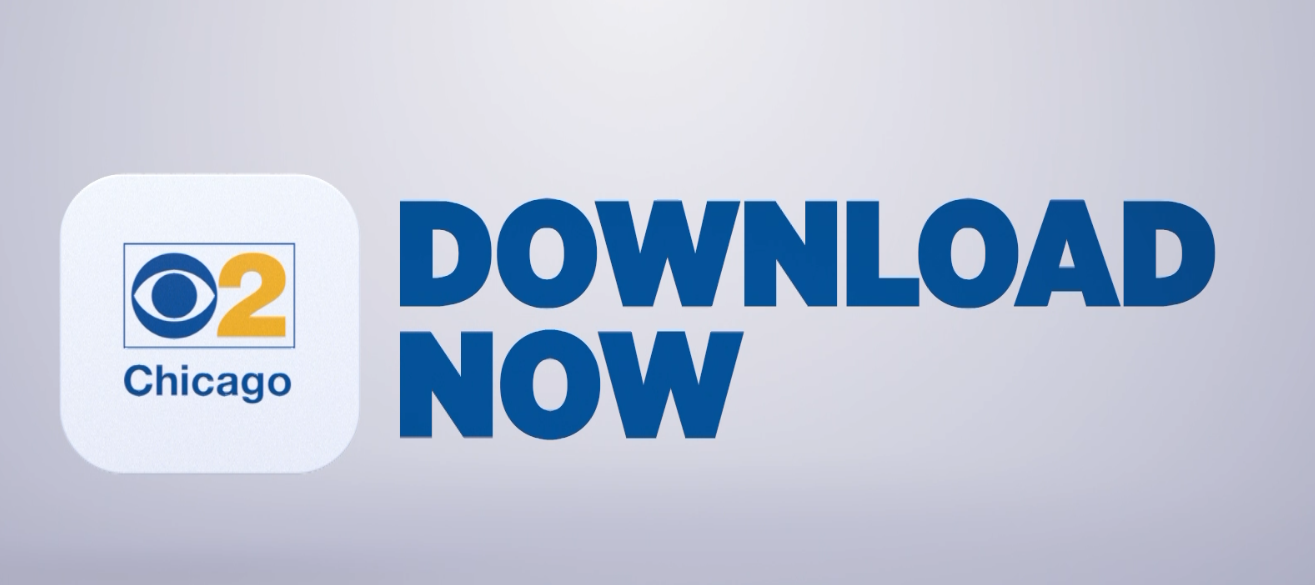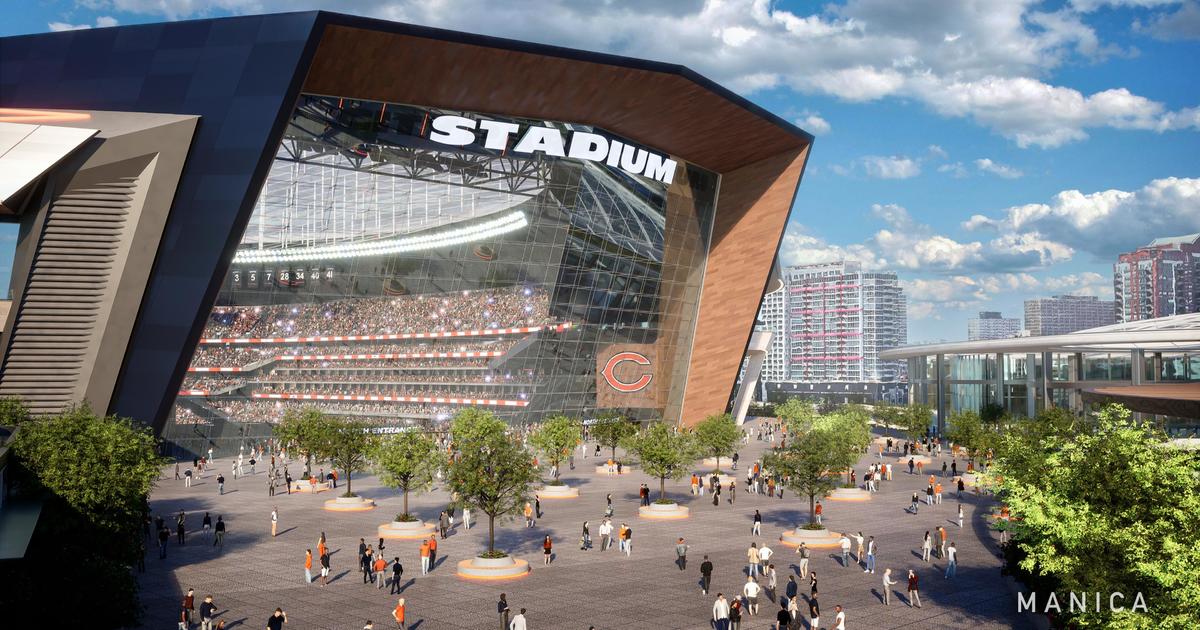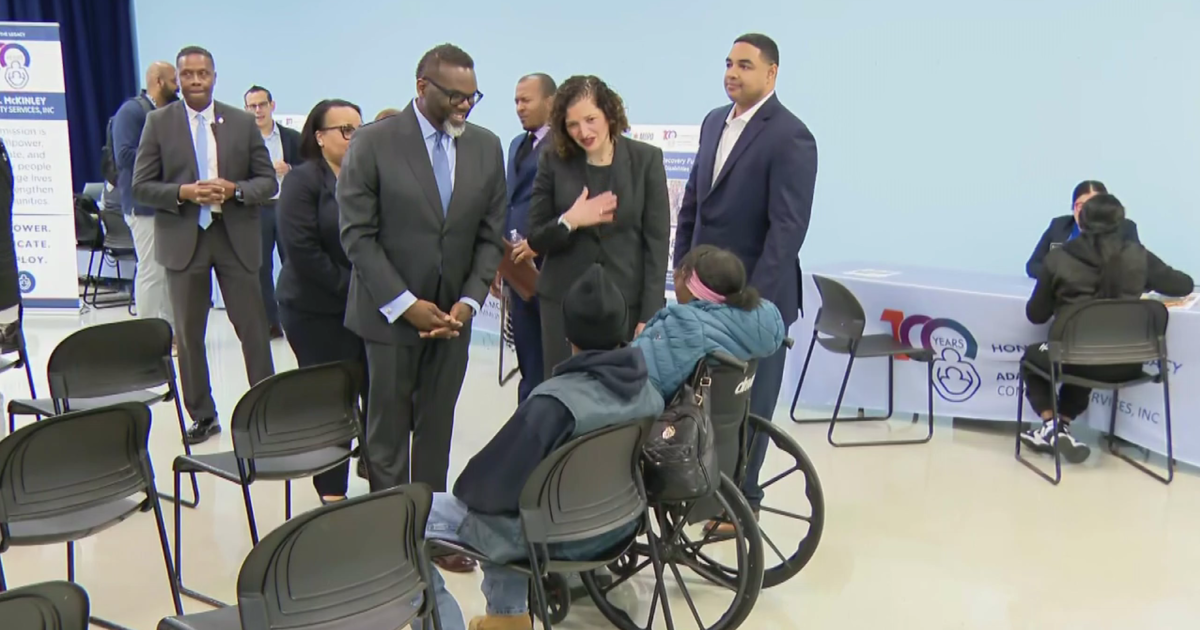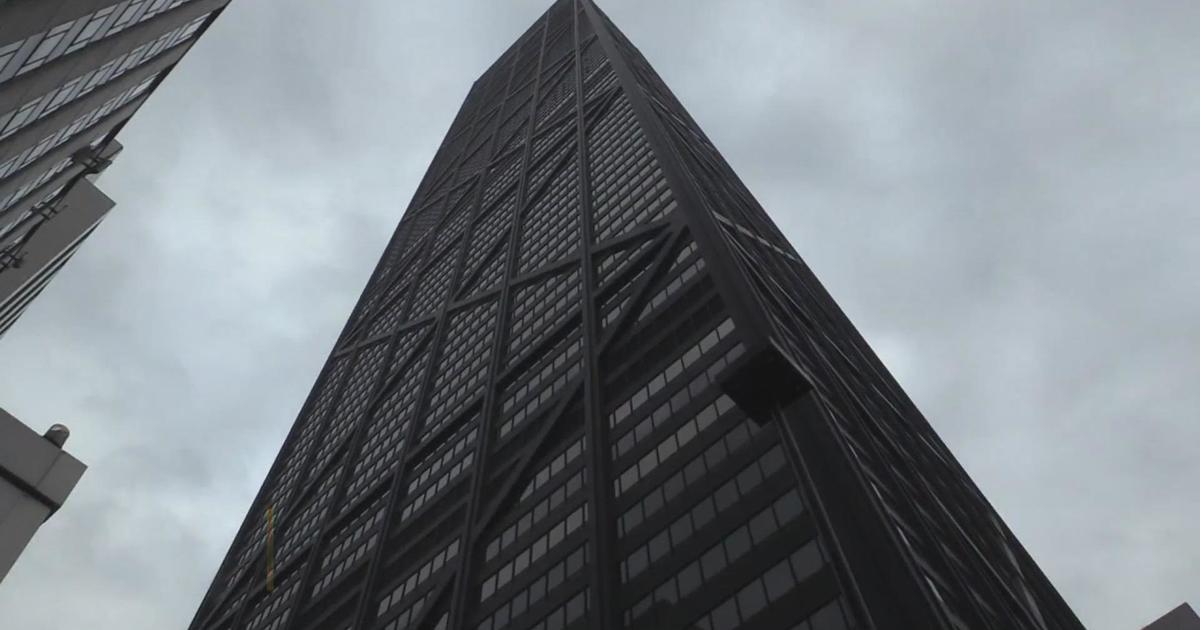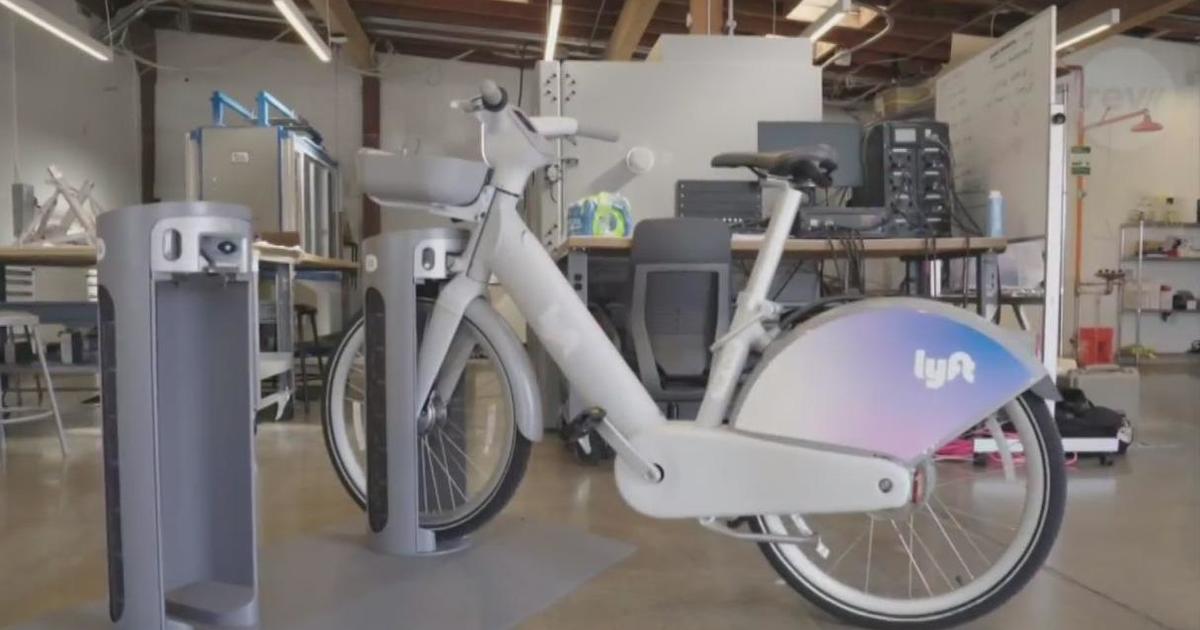Lightfoot Seeks To Downplay Dispute With Pritzker Over New COVID-19 Restrictions For Chicago
CHICAGO (CBS) -- A day after suggesting she would try to convince Gov. JB Pritzker to change his mind about his order for tougher COVID-19 restrictions in Chicago, Mayor Lori Lightfoot said "we're not asking for any special treatment," and said the city will enforce the new rules when they begin Friday.
Lightfoot and Prizker said they had an hourlong discussion on Wednesday, and now the two leaders appear to be on the same page, after what seemed to be a rift over the new mitigations for Chicago on Tuesday.
"We had a very frank and productive conversation with the governor and his team, and my team as well. We explored a lot of issues, and we came out of that discussion really committed to making sure that we work hard together," Lightfoot said.
The mayor said she has no plans to file a legal challenge to the governor's order, and will enforce the new restrictions in Chicago.
"Obviously, we've been working in partnership with the state from the very beginning, and we're going to continue to do that," she said.
Lightfoot also said she never expected the governor to treat Chicago any differently from other regions of the state that have recently been required to enact tougher restrictions.
"Last week, we came out in public and said we were trending in the wrong direction. That's why [Chicago Department of Public Health Commissioner Dr. Allison] Arwady and I sounded the alarm last week about what our numbers looked like. We're not asking for any special treatment," she said.
Wednesday afternoon, Pritzker made it clear he won't consider exceptions to the state's regional mitigation efforts for any part of the state when and if the state's thresholds for extra COVID protections are met.
"As far as I'm concerned, the mitigations that we've been putting in place in regions have been working, and we intend to stick with that," he said.
Also From CBS Chicago:
- Woman Who Claimed Car Was Stolen With Baby Inside Lied, Police Say Child Was With Sitter
- Man Who Attacked R. Kelly Gets Life Prison Sentence For Murder
- Citing COVID, Pritzker Orders Ban On Indoor Dining, Bar Service In Chicago
On Tuesday, Pritzker announced he would be ordering extra virus mitigations in Chicago starting Friday, prohibiting indoor service at bars and restaurants, and lowering capacity limits for public gatherings, citing increasing positivity rates and hospitalizations for COVID patients.
Asked if she's concerned some restaurants might defy the ban, Lightfoot said it's clear some businesses already are "literally hanging on by a thread" during the pandemic, so city and state officials need to make sure they communicate with bar and restaurant owners to support them.
"We're going to keep fighting the fight on behalf of them, and doing everything we can to give them some measure of economic relief," Lightfoot said. "The little neighborhood restaurants are really going to be challenged."
Lightfoot and Pritzker both pointed to approximately $220 million of Business Interruption Grants available from the state for small businesses that are suffering during the pandemic. Pritzker said, to help small restaurants and bars survive, they are being given priority for those grants.
The mayor also urged Chicago residents to support their local restaurants as much as possible, by taking advantage of dine-in options while they're still available, and by ordering delivery and takeout once the new restrictions are in place.
"Please support your local restaurants in every form," she said. "They need our help now more than ever, and we want to do everything we can to be supportive of them."
Pritzker said, so far, approximately 1,900 restaurants and taverns statewide have received a total of approximately $33 million in grants; including 630 businesses in Chicago, which have received a combined $11 million.
The governor said $220 million in Business Interruption Grants are still available. However, he said Congress also needs to step up to provide financial aid for small businesses that are struggling to survive during the pandemic.
"We need more help to keep people from having to fold their businesses. We need more help for individuals in the state of Illinois, many of whom have lost their jobs," he said. "We need help from the federal government, just like big businesses already got help. It's time for the federal government to step in and help taverns and restaurants and small businesses. We need another round for them from the federal government."
Earlier Wednesday, Pritzker had defended his decision to impose the new restrictions in Chicago, saying he was following the same tactics that have been used in several other regions in Illinois when their positivity rates and/or COVID hospitalizations have surpassed the state's thresholds for extra mitigations.
"We have now a COVID storm that's hit the entire country, frankly. I think there's nobody that could turn on a television set and watch news without seeing that it's happening everywhere, and it's happening across the state of Illinois. Chicago hasn't been immune from that," Pritzker said Wednesday morning.
Pritzker said he's willing to listen to Lightfoot about her concerns over his order for a ban on indoor dining and bar service in Chicago, amid a steady rise in COVID-19 cases and hospitalizations, but he insisted he will move forward with the tougher restrictions for the city on Friday.
"I always am open to talking to the mayor. In this regard, as you know, we created a resurgence mitigation plan. We put it out there for everybody to see in July. We followed it when regions have … risen above the metrics that we set," Pritzker said Wednesday morning. "That's how the system works and it has worked well region to region. So it will work well for the city of Chicago."
Lightfoot denied that she was trying to convince the governor to reverse his order on extra restrictions for Chicago, rather insisting that she was only expressing concerns that restaurants and bars are not the biggest risk for spreading the virus.
"The point is, we are following the science. Things are nuanced here in Chicago. They're different than what we've experienced across the state," she said.
The mayor said the biggest challenge for Chicago is spread within households and at private gatherings.
"We cannot stress enough, you're not safe in your home. You cannot let down your guard," Lightfoot said.
The mayor said people should not be hosting dinner parties, card games, and other gatherings with people who don't live in their household, noting that two-thirds of people who have testes positive for the virus in Chicago said they know the person they got it from.
"It's not like things aren't happening outside, but the biggest problem that we have right now in Chicago is inside our home in those settings, because not surprisingly, people let their guard down," she said.
Pritzker said he agrees that private gatherings are the most significant spreader of the virus right now, and cautioned people to make sure they are taking every precaution if they do have guests at their home, such as wearing masks and keeping six feet of distance as much as possible.
"We should do everything that we can. People should understand … that having a gathering of people at your home that are not part of your personal family pod is taking some level of risk," he said.
Meantime, Pritzker announced Wednesday that another region of Illinois -- Lake and McHenry counties -- will undergo the same tougher COVID-19 restrictions starting Saturday.
Wednesday morning, the governor announced additional COVID restrictions for Region 9 (Lake and McHenry counties) will begin on Saturday, after their average positivity rate surpassed 8% for three days in a row. The enhanced mitigations include halting indoor service at bars and restaurants; lower limits on gathering sizes; shutting down party buses; and requiring bars, restaurants, and casinos to close at 11 p.m.
With the addition of Lake and McHenry counties, eight of the state's 11 regions will be under enhanced virus mitigations as of Saturday.
